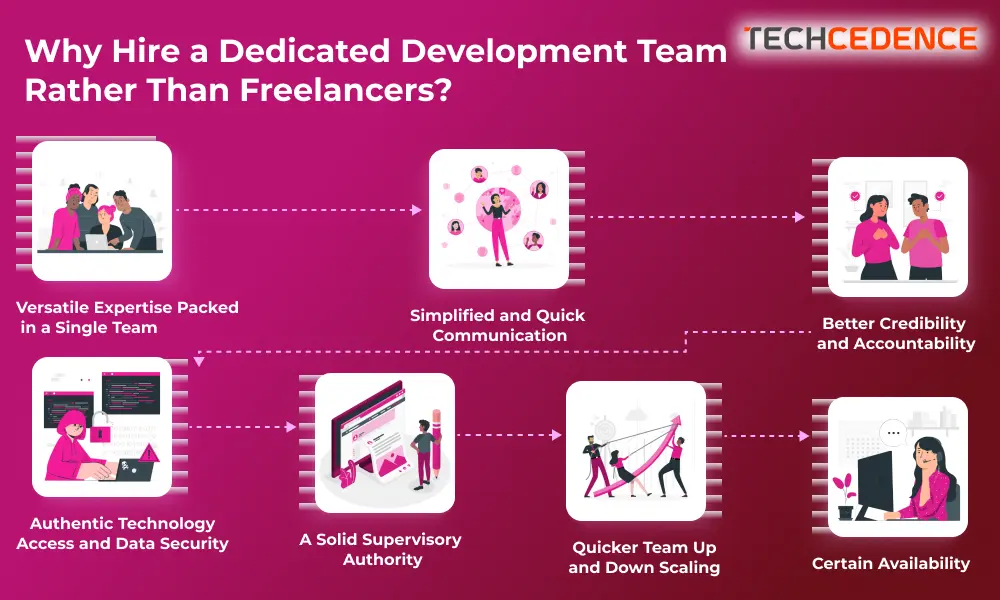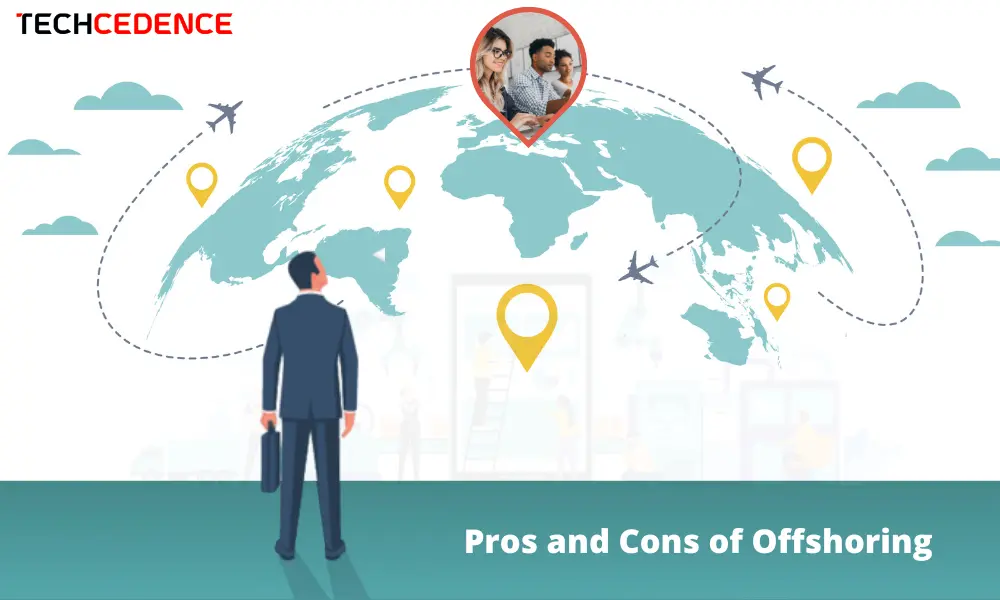In today’s highly competitive business landscape, having a dedicated team of skilled developers can be the key to success. Whether you are a startup or an established enterprise, hiring dedicated developers can supercharge your business by providing the expertise and resources needed to build innovative solutions. This ultimate guide will walk you through the process of hiring dedicated developers, empowering you to make informed decisions and achieve your business goals.
Benefits of Hiring Dedicated Developers
1. Increased Efficiency and Productivity
By hiring dedicated developers, you can tap into their specialized skills and knowledge to streamline your development processes. These professionals are solely focused on your project, ensuring enhanced efficiency and productivity. With their expertise, you can expect faster turnaround times, high-quality deliverables, and reduced development cycles.
2. Cost Savings
Hiring dedicated developers can also lead to significant cost savings for your business. Instead of maintaining an in-house development team, which comes with additional expenses like salaries, benefits, and infrastructure, you can hire dedicated developers on a project basis. This allows you to scale your development resources as needed, eliminating unnecessary costs associated with idle resources.
3. Access to Top Talent
One of the most significant advantages of hiring dedicated developers is gaining access to top talent from around the world. You can leverage the global talent pool and handpick professionals with the exact skills and experience required for your project. This opens up opportunities for innovation and ensures that you have the best minds working on your development initiatives.
4. Flexibility and Scalability
Hiring dedicated developers offers unparalleled flexibility and scalability for your business. As your project requirements evolve, you can easily scale your team up or down, depending on the workload. This agility allows you to adapt to market changes swiftly and stay ahead of the competition.
How to Hire Dedicated Developers
1. Define Your Project Requirements
Before embarking on the hiring process, it is crucial to define your project requirements clearly. Determine the technical skills, experience level, and domain expertise necessary for your project’s success. This will help you identify the right candidates who align with your project goals.
2. Choose the Right Hiring Model
There are different hiring models available when it comes to dedicated developers. You can opt for freelancers, offshore development teams, or engage with a dedicated development company. Assess your project scope, budget, and timeline to decide which hiring model suits your business best.
3. Conduct a Comprehensive Screening Process
To ensure you hire the most qualified professionals, conduct a comprehensive screening process. Review resumes, portfolios, and past projects to assess the candidates’ skills and expertise. Consider conducting technical interviews or coding tests to evaluate their capabilities further.
4. Collaborate and Communicate Effectively
Once you have selected your dedicated developers, establish clear channels of communication and collaboration. Regularly communicate project updates, provide feedback, and ensure everyone is aligned with the project’s objectives. This fosters a productive and efficient working environment.
5. Monitor Progress and Provide Support
Throughout the development process, monitor the progress of your dedicated developers closely. Use project management tools to track milestones, identify bottlenecks, and provide timely support. Regularly assess the quality of deliverables to ensure they meet your expectations.
6. Foster a Positive Work Culture
Creating a positive work culture is essential when working with dedicated developers. Foster an environment that promotes collaboration, innovation, and professional growth. Recognize and reward their achievements, and encourage a healthy work-life balance.
7. The Future of Hiring Dedicated Developers
As technology continues to evolve, the demand for dedicated developers is expected to rise. Businesses are increasingly recognizing the value of hiring dedicated professionals to drive their digital transformation initiatives. With advancements in remote work capabilities and collaboration tools, hiring dedicated developers from around the globe has become more accessible than ever.
In the future, hiring dedicated developers will become an integral part of businesses across industries. The ability to tap into a global talent pool, optimize costs, and maintain flexibility will be crucial for companies aiming to stay competitive in the digital age. Embracing remote work and leveraging dedicated developers will enable businesses to innovate faster, deliver superior products and services, and meet the evolving needs of their customers.
Conclusion
Hiring dedicated developers can be a game-changer for your business. The benefits of increased efficiency, cost savings, access to top talent, and flexibility make it a compelling choice. By following the steps outlined in this ultimate guide, you can navigate the hiring process effectively and supercharge your business with a dedicated development team. Embrace the power of dedicated developers and unlock new possibilities for growth and success. The future is bright for businesses that embrace the potential of dedicated developers.





